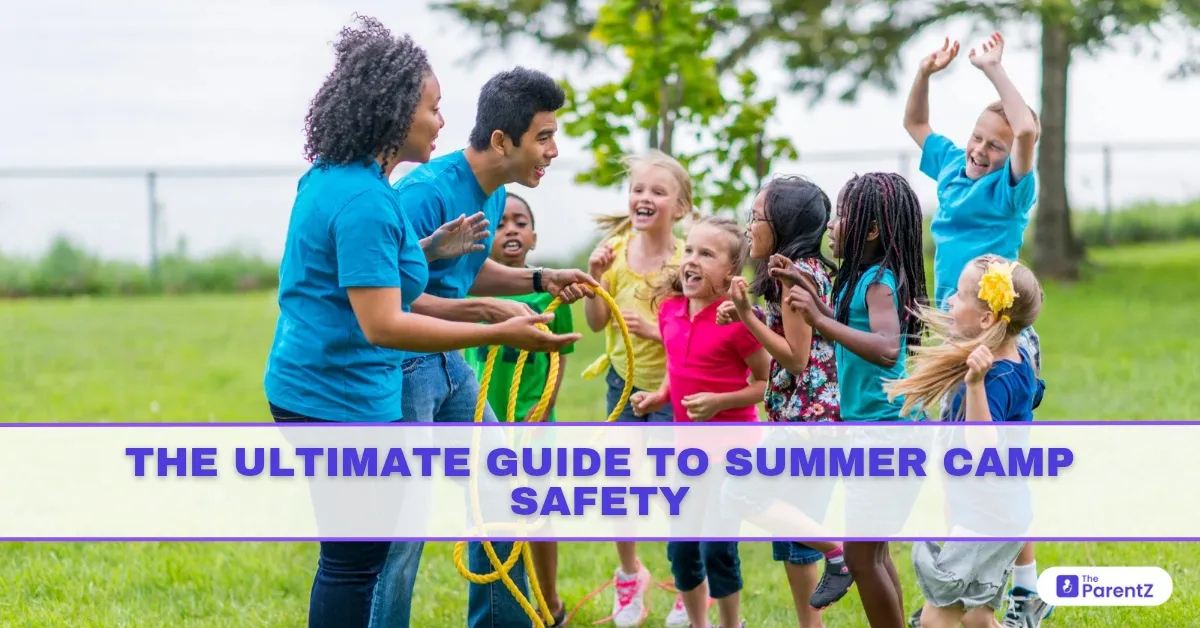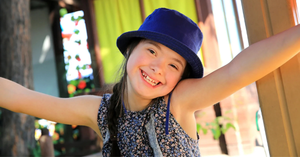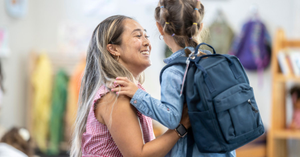Summer camp can be an incredible experience for children—a place to make lifelong friends, learn new skills, and gain independence. However, as parents, our first priority is always our children's safety. This ultimate guide covers everything you need to know to make smart, confident choices about summer camp safety. From what to ask camp organizers to how to prepare your child, and how to handle emergencies, we’ve got you covered.
Why Safety at Summer Camps Matters So Much?
We often think of camps as happy places filled with games, nature, and laughter. And many of them are. But accidents, poor planning, or lack of supervision can turn fun into fear very quickly.
Some common safety concerns include:
- Injuries during activities
- Getting lost during outings
- Infections or illnesses due to poor hygiene
- Bullying or emotional distress
- Inadequate medical help in emergencies
That’s why it’s so important to ask the right questions, take precautions, and stay involved, even if your child is going to be away.
Before You Choose a Camp: What Parents Must Know and Ask
Start by researching camps thoroughly. Look for camps accredited by reputable organizations like the American Camp Association (ACA). Accreditation means the camp meets high safety, health, and staff training standards.
Before signing up for any summer camp, talk to the organizers and get clear answers on the following:
- What is the adult-to-child supervision ratio? A lower ratio means better supervision. Younger kids especially need more attention.
- Are staff trained in first aid and CPR? Every responsible camp should have staff trained for emergencies.
- What is the background of the staff and counselors? Make sure they’ve been appropriately vetted—background checks, references, and training.
- What’s the protocol in case of illness or injury? Is there a nurse or doctor on-site? How are medications handled? What's the protocol for allergies or chronic conditions? How do they contact parents?
- Are safety measures followed during physical activities? Helmets, life jackets, harnesses—are they used when needed? If swimming or boating is involved, what certifications do waterfront staff hold? What safety measures are in place?
- What are the camp’s rules on bullying or discipline? What's their bullying prevention and response plan? This can tell you a lot about how your child will be treated and protected emotionally.
- How secure is the camp’s location? Are the boundaries marked? Are there guards or entry restrictions?
- What’s the plan for extreme weather, natural disasters, or other emergencies? How does the camp handle evacuations? What's their communication plan during emergencies?
- What is the hygiene like? Are the washrooms clean? Are food and water handled safely?
- How often are kids allowed to contact their parents? Some parents feel more at ease if they can talk to their child occasionally.
Don’t hesitate to ask for a camp tour, a written safety policy, or contact numbers of other parents for reviews.
What Parents Should Teach Their Kids About Camp Safety
- Hydration and Sun Protection: Teach your child to drink water regularly, especially on hot days, to prevent dehydration and heatstroke. Pack a reusable water bottle and sunscreen with SPF 30 or higher. Encourage wearing hats, sunglasses, and lightweight long sleeves during peak sun hours.
- Water Safety Rules: Explain that swimming is only allowed when adults are supervising. They should never swim alone or without a lifeguard present. Life jackets must be worn during boating or water sports.
- Stranger and Buddy Safety: Make sure your child knows to stay with their group and never wander off alone. Teach them to identify camp staff and how to ask for help if they feel unsafe or lost. They should memorize their full name, your contact info, and the camp’s main phone number.
- Emergency Awareness: Discuss what to do if there’s an emergency: stay calm, find a trusted adult, and call for help. Teach them how to use a basic first aid kit and when to seek assistance from counselors.
- Respect for Nature and Camp Rules: Remind your child to respect wildlife and avoid touching unknown plants or animals. They should follow camp rules about campfires, equipment, and activity boundaries to avoid injuries.
Preparing Your Child
Open Conversations: Have age-appropriate conversations with your child about personal safety. Teach them they can always talk to you about uncomfortable situations, and emphasize that no adult should ever ask them to keep secrets.
Body Autonomy: Remind your child that their body belongs to them. They have the right to decline hugs or physical contact they don't want, even from authority figures.
Communication Skills: Role-play scenarios where your child might need to speak up:
- "If you feel sick or hurt, tell a counselor right away."
- "If someone is bothering you, it's okay to say 'please stop' and tell a counselor."
- "If you're scared or homesick, find a trusted adult to talk to."
How to Prepare and Pack for Camp Safety?
- Medical Forms and Allergies: Complete all health forms accurately. Inform the camp about allergies, medications, and any special health needs. Meet with the staff who will manage your child’s medication.
- First Aid Kit: Pack a small kit with essentials like band-aids, antiseptic wipes, and any prescribed medicine. Teach your child how to use these items safely.
- Protective Clothing: Include hats, sunglasses, and lightweight long-sleeved shirts for sun protection.
- Contact Information: Provide up-to-date emergency contacts and ensure your child knows how to reach you.
- Communication Tools: For older children, consider a basic phone or watch with limited communication features for emergencies only (if camp policies permit).
During Camp: Staying Connected
Regular Check-ins: Find out how and when you can communicate with your child. Some camps allow phone calls, while others prefer letters or emails. Respect these policies—they're designed to help children build independence.
Watch for Red Flags: When communicating with your child, listen for warning signs:
- Consistent unhappiness beyond normal homesickness
- Vague responses to specific questions
- Unexplained injuries or illnesses
- Sudden fear of returning to camp
Trust Your Instincts: If something feels wrong, don't hesitate to contact the camp director. Most concerns have simple explanations, but your child's safety is worth the extra call.
What to Do If Something Goes Wrong?
Even with all precautions, accidents or emergencies can happen. Here’s how to be prepared:
- Stay Calm and Communicate: If the camp calls about an emergency, stay calm and get clear information. Ask what happened, what care is being given, and if you need to come to the camp or hospital.
- Know Your Child’s Location: Make sure you know where your child is at all times during camp hours and who is responsible for them.
- Follow Up: After an incident, stay in touch with camp staff and your child’s healthcare provider. Ensure your child gets any needed follow-up care.
- Teach Your Child to Speak Up: Encourage your child to tell you or a trusted adult if they feel unwell, scared, or uncomfortable at any time.
Conclusion
Your child’s safety matters more than anything else. Camps can be a wonderful experience if chosen carefully. Don’t go by brochures alone—dig deeper, ask questions, visit the site, and prepare your child well. With a little planning and awareness, you can send your child to camp with peace of mind and let them enjoy a summer full of safe, happy memories.








Be the first one to comment on this story.